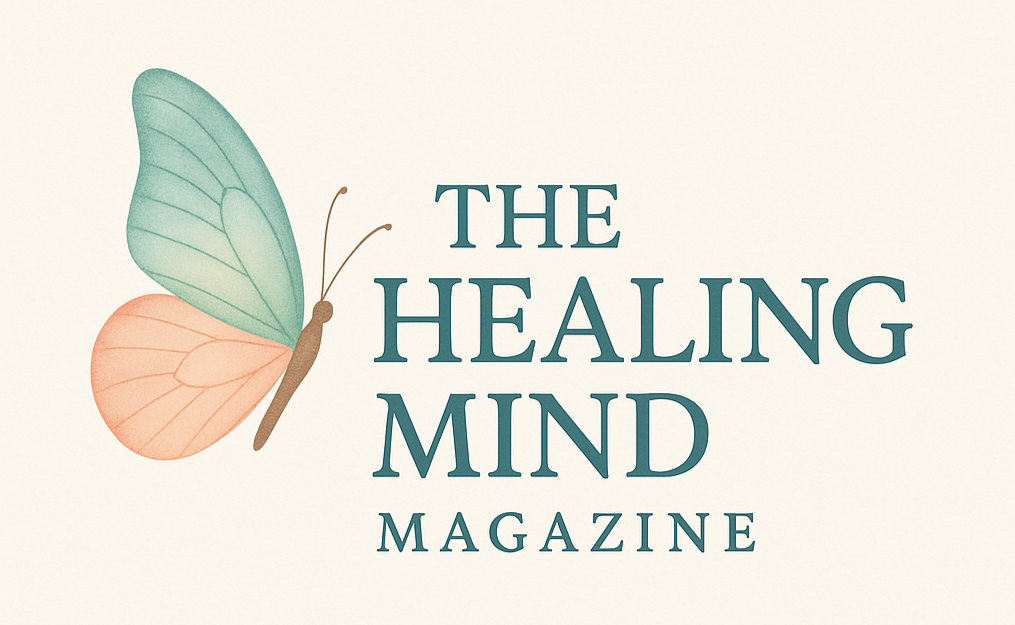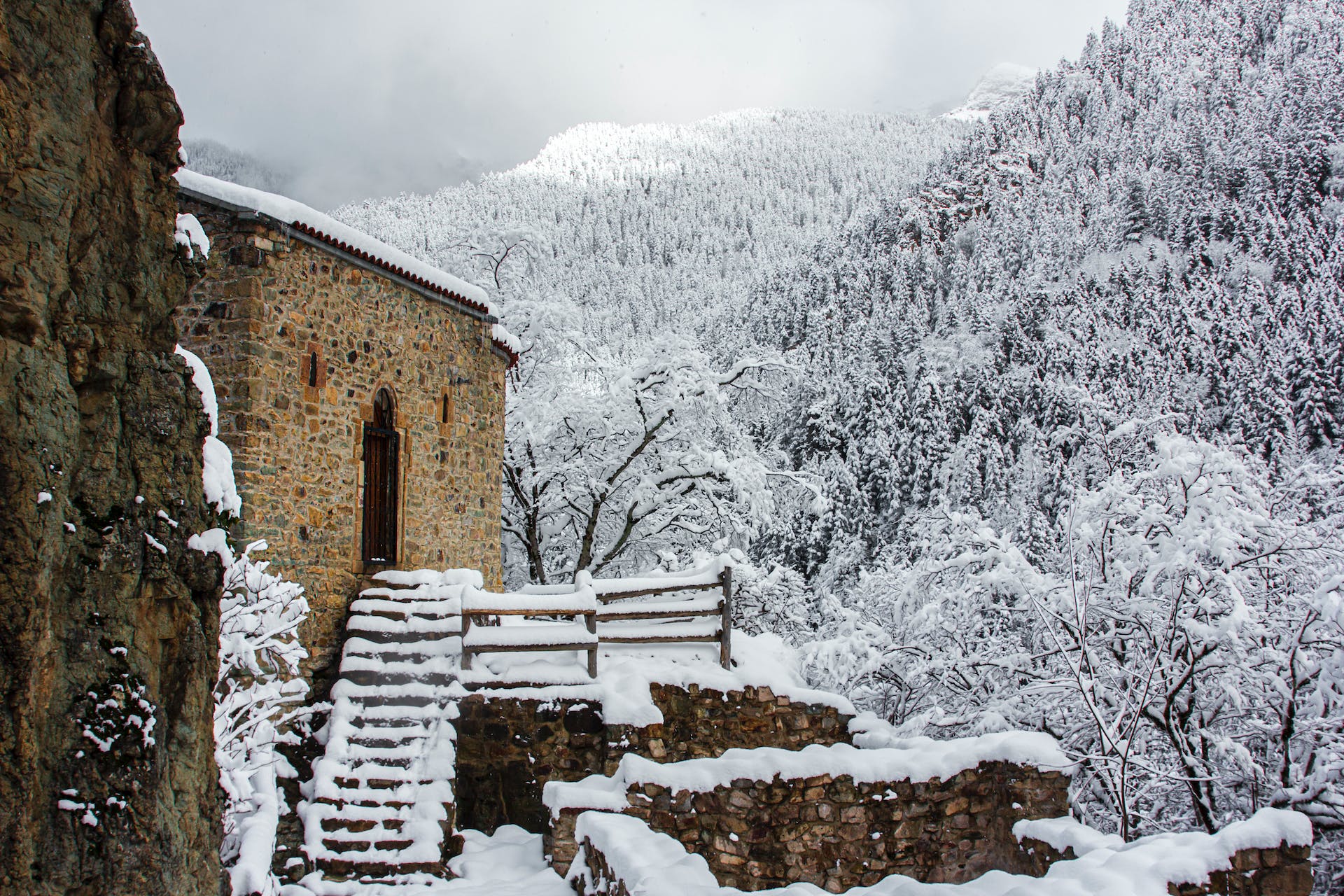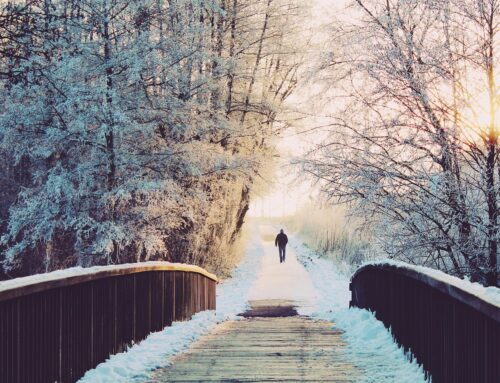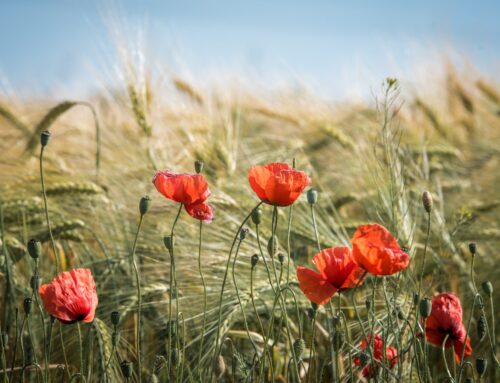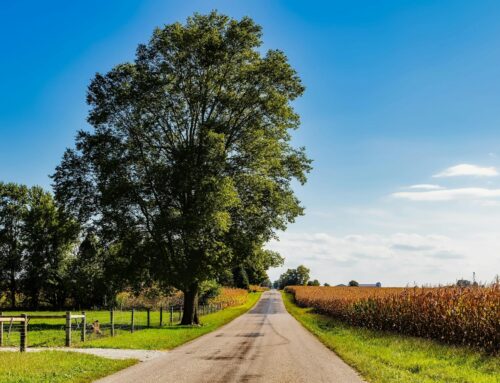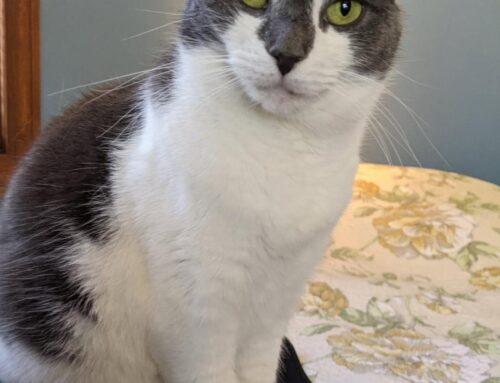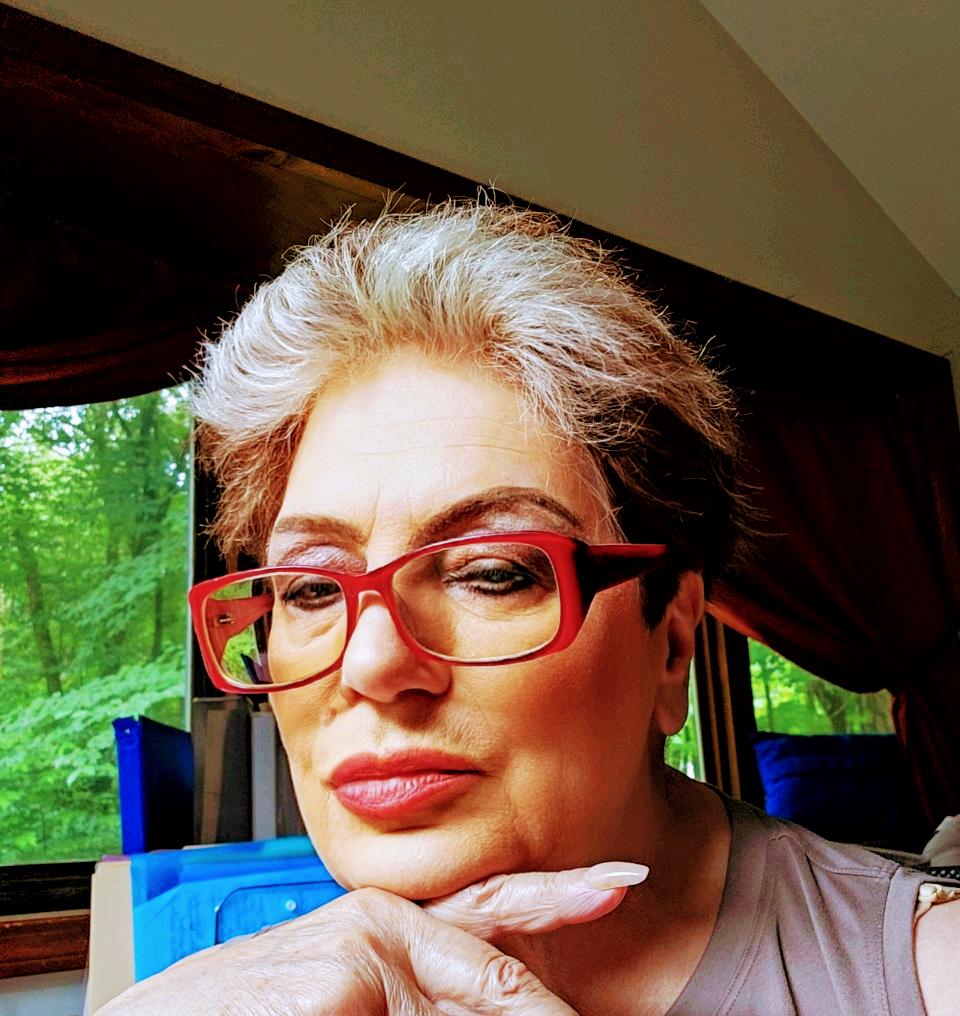Breaking Free
Lila and Dan had spent years chasing the dream—long commutes, high-pressure jobs, and a tiny condo they barely saw except to sleep. They were burnt out, frustrated, and strangely empty. One evening, as they stared at the muted glow of their laptops at the dining table, Lila looked up and said, “What if we just stopped?”
Dan blinked. “Stopped what?”
“All of it. Work, the city, this rat race.” She gestured vaguely at the world outside their window. “What if we left it all behind and learned to live off the grid?”
It was a wild thought, but the seed took root. Two months later, they sold the condo, quit their jobs, and bought ten acres of forested land miles from the nearest town. It had a crumbling cabin, a creek, and nothing else.
The first days were intoxicating—fresh air, the sound of birds, the thrill of their daring choice. They threw themselves into tasks with reckless enthusiasm: clearing trails, chopping wood, and setting up a rudimentary solar panel system.
But the romance of the off-grid life quickly gave way to reality. They underestimated how much work it would take to keep warm, haul water, and grow their food.
One morning, Lila woke to find Dan struggling with the wood stove. “It’s smoking,” he muttered, coughing. “I think the flue’s clogged.”
Lila groaned. “Can it wait until after breakfast?”
“Unless you want breakfast in an icebox, no.”
They spent the morning on the roof, freezing and grumpy, clearing the flue with a wire hanger. It was an exhausting start to a day that would include hauling firewood, patching leaks in the cabin roof, and figuring out why their carrots weren’t sprouting.
Nights were quiet and long. They learned to play card games by lantern light and talk, really talk, for the first time in years. Lila confessed she missed takeout sushi. Dan admitted he sometimes doubted their decision.
But they stuck with it. By their second month, they’d learned to manage the basics. The creek provided fresh water, and the woodpile stayed stocked. They built raised garden beds and started composting. Every task was hard-earned, but each success felt monumental.
One evening, sitting by a fire under the stars, Lila looked at Dan and smiled. “Do you regret it?”
Dan thought for a moment. “No. It’s tough, but… I think this is the first time I’ve felt alive in years.”
She nodded, her heart swelling with a quiet pride. They were learning, adapting, and thriving—not because it was easy, but because it was real.
Living off-grid wasn’t perfect, but it was theirs. And that was enough.

Ryan P – Life Purpose Author
